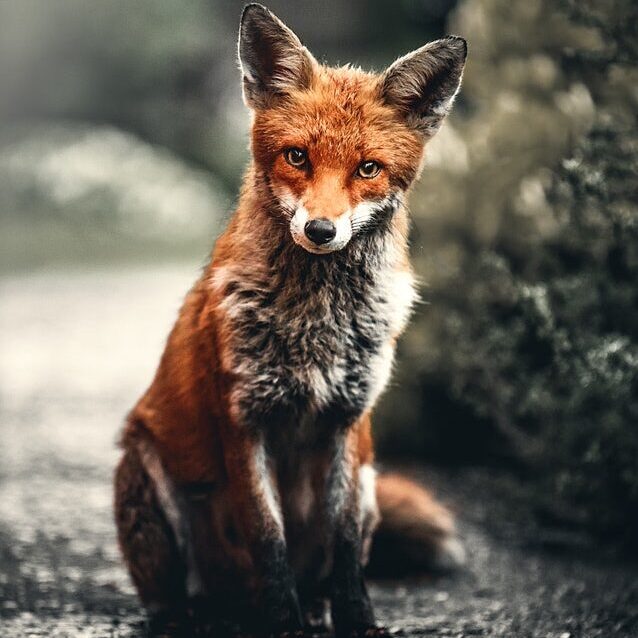Outback, Australia—In a move that has left both environmentalists and wildlife enthusiasts bouncing with excitement, Australia has announced its most innovative renewable energy project yet: harnessing the kinetic power of kangaroos. Yes, you heard that right. Australia is hopping onto the green energy bandwagon—literally—with the launch of its new “KangaWatt” initiative.
Hopping Towards a Greener Future
During a press conference in the middle of the outback, Prime Minister Skip Morrison unveiled the ambitious project. “Why waste all that hopping potential? Kangaroos have been bouncing around for free, and it’s about time they started pulling their weight in the energy sector.” The Prime Minister went on to explain how kangaroos will be outfitted with high-tech jumping suits, complete with miniature dynamos that generate electricity from every hop. “It’s eco-friendly, it’s sustainable, and best of all, the roos are already doing the hard part—they just don’t know it yet.”
Key locations for the KangaWatt roll-out include national parks, nature reserves, and anywhere with a decent roo population. The more they hop, the more power is generated, fueling homes, schools, and even the occasional BBQ. Suburban households can even adopt a kangaroo and install a personal “hop-station” in their yard. “Not only do you get clean energy, but you also gain a new lawn-mowing companion,” said Morrison.
The Science of Roo Power
Dr. Boing O’Hare, head of the new Department of Kinetic Marsupial Energy, explained the mechanics. “A kangaroo can leap about 30 feet in one bound, producing a remarkable amount of kinetic energy. By capturing that power with specially designed harnesses, we can generate electricity more efficiently than from wind turbines or solar panels. Plus, kangaroos never complain about cloudy days.”
The plan, however, doesn’t just stop with kangaroo-generated electricity. Dr. O’Hare hinted at future plans to include emus in the initiative, though they’ll be limited to low-impact energy tasks like charging electric scooters and hair dryers. “They can’t jump, but they sure can run,” O’Hare quipped.
Hopping Mad? Not So Fast
As expected, animal rights activists were quick to express concern. “This is exploitation, pure and simple!” exclaimed protest leader Joey “Roo-rights” McBound. “Kangaroos belong in the wild, not in some dystopian treadmill nightmare.” In response, the government has issued assurances that all kangaroos will be treated humanely, with mandatory nap times, dietary treats, and a minimum of 20 minutes of hop-free relaxation per day.
“There’s no need for concern,” said PM Morrison. “We’re not talking about forcing them into a life of endless jumping—just encouraging them to keep doing what they love while helping the planet. It’s a win-win.”
The Future Looks Roo-some
Economists and environmental scientists are cautiously optimistic. Early projections suggest that if every kangaroo in Australia participates, the country could achieve full renewable energy status by 2035. The government is also offering “Roo Rewards” points to households that adopt the technology, redeemable for various eco-friendly incentives like free rooftop solar panels, or for the kids, a year’s supply of kangaroo-shaped gummy snacks.
Tourism, too, is expected to boom. “I came for the beaches, but stayed for the kangaroo-powered Wi-Fi!” said one thrilled tourist, posing for a selfie with a kangaroo hooked up to a power generator. “It’s like the future, but with more hopping.”
Australia has never shied away from unconventional solutions, but KangaWatt might just take the cake—or should we say the kibble. Whether it’s enough to bounce the country into a carbon-neutral future remains to be seen, but one thing’s for sure: Australia’s kangaroos are about to hop into the spotlight of the global energy conversation.
As they say Down Under, it’s time to hop to it!











